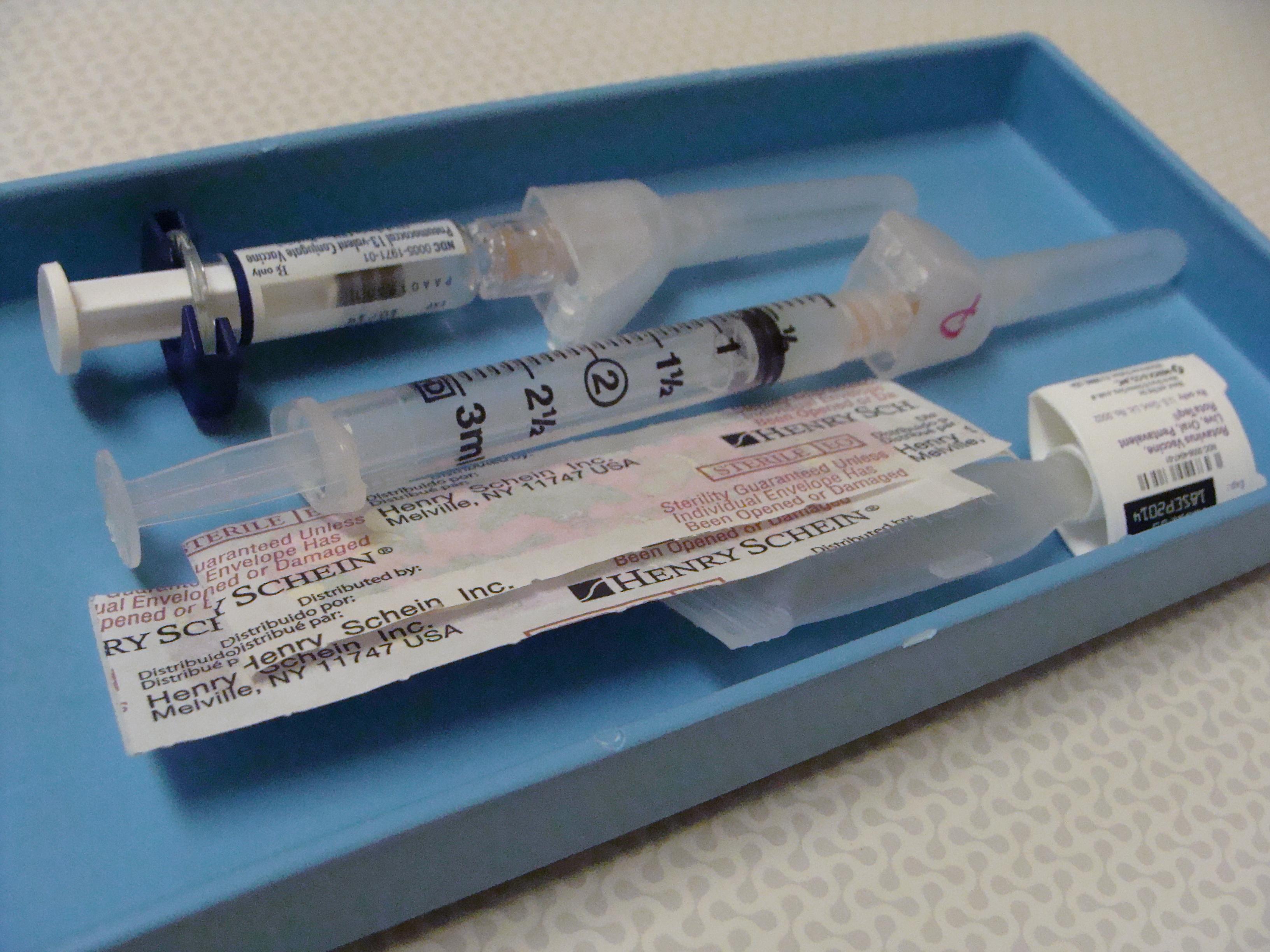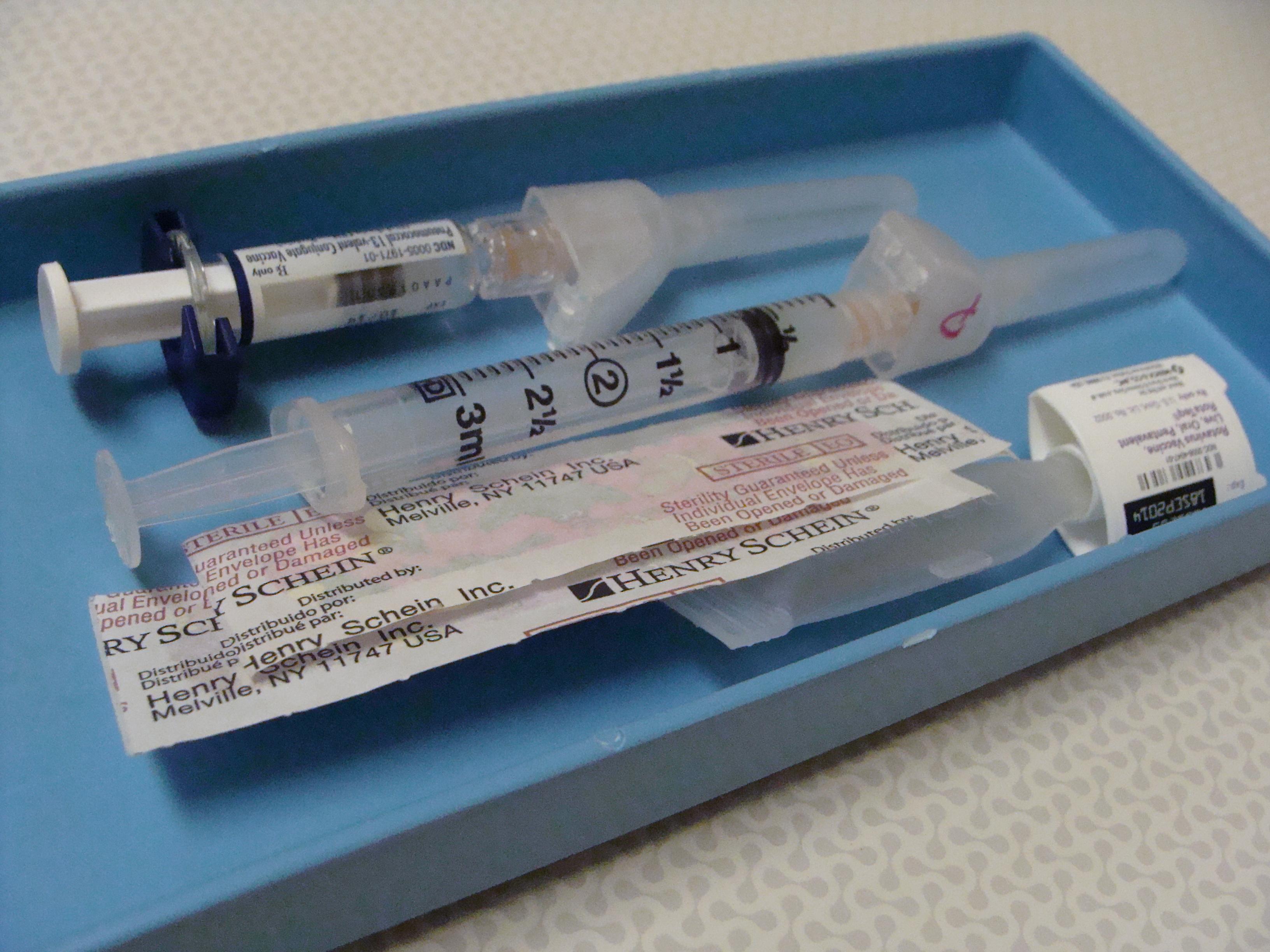

Exemption rates raise concerns
‘Hostile’ climate for parents who want to refuse?
A new voice joins the debate
For more on this topic, read the state-commissioned report on childhood vaccinations (PDF).
Correction: An earlier version of this article incorrectly spelled Theresa Wrangham's name and the current version of this article reflects the change.









